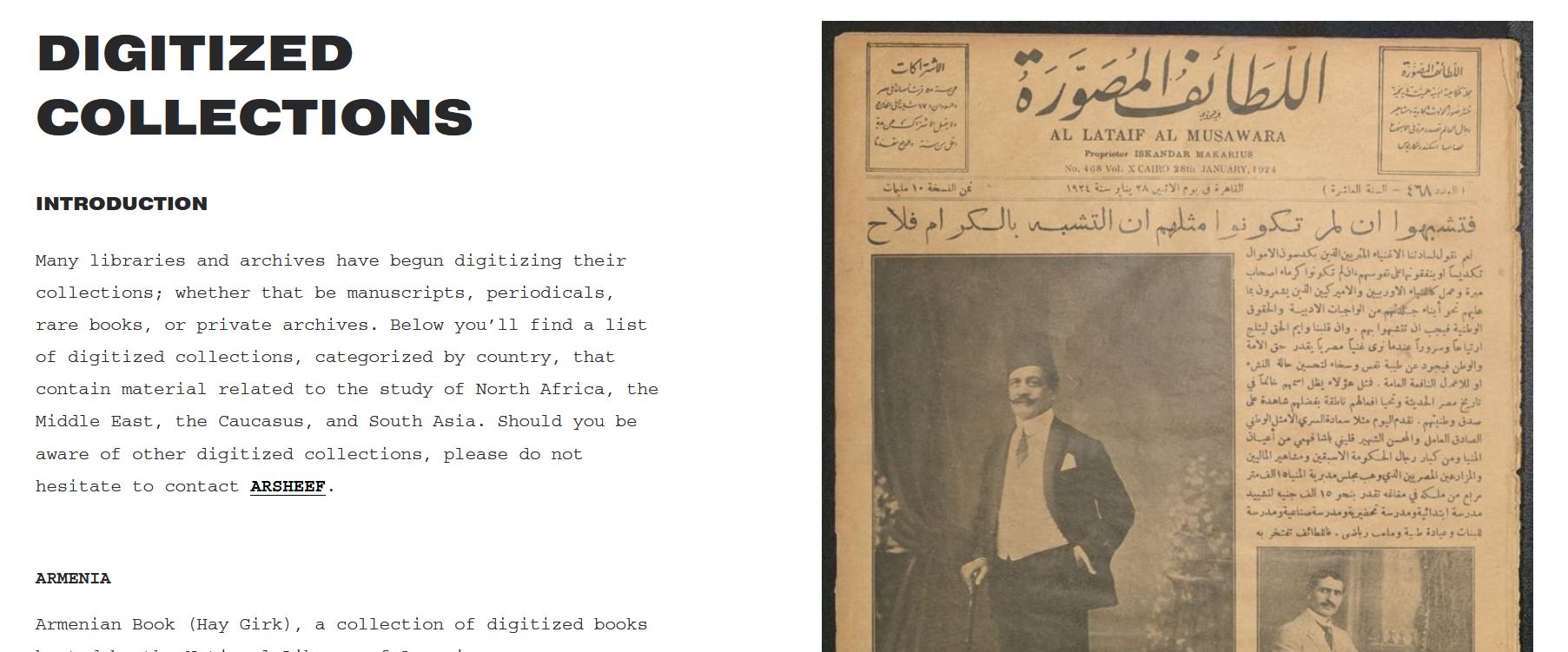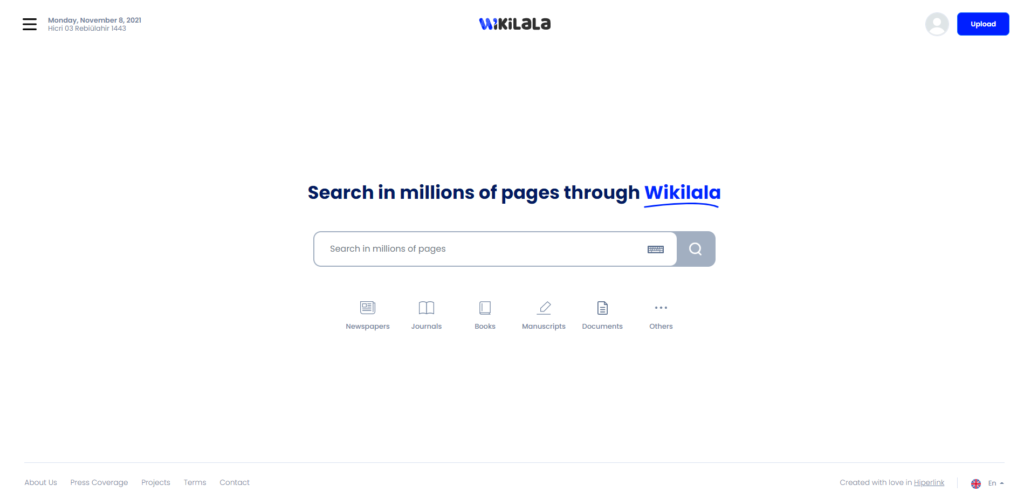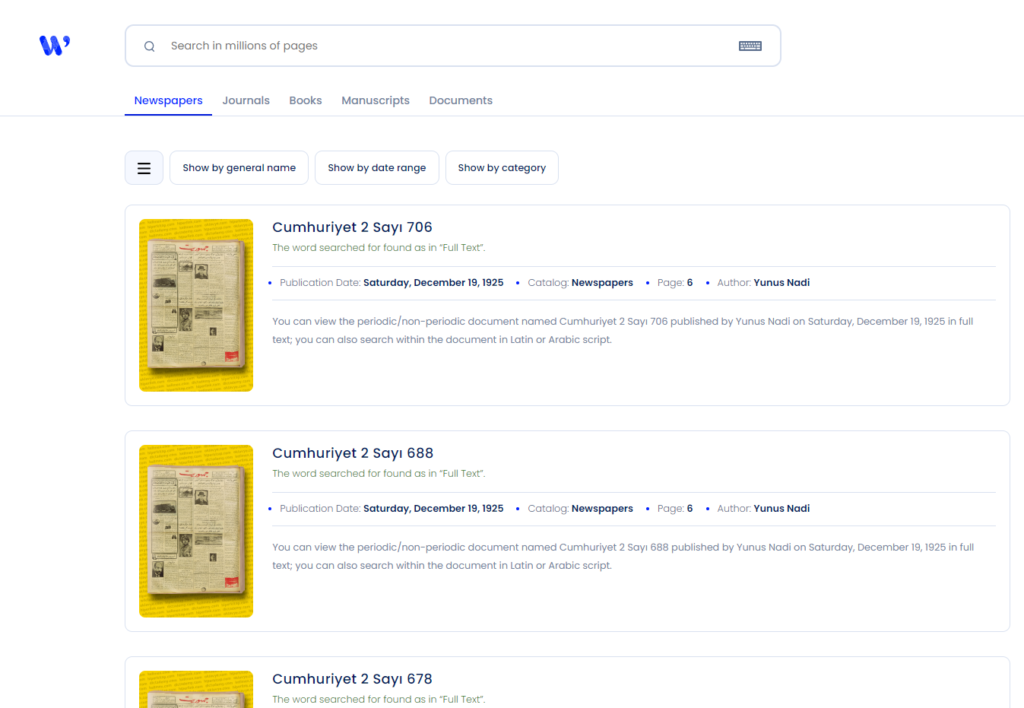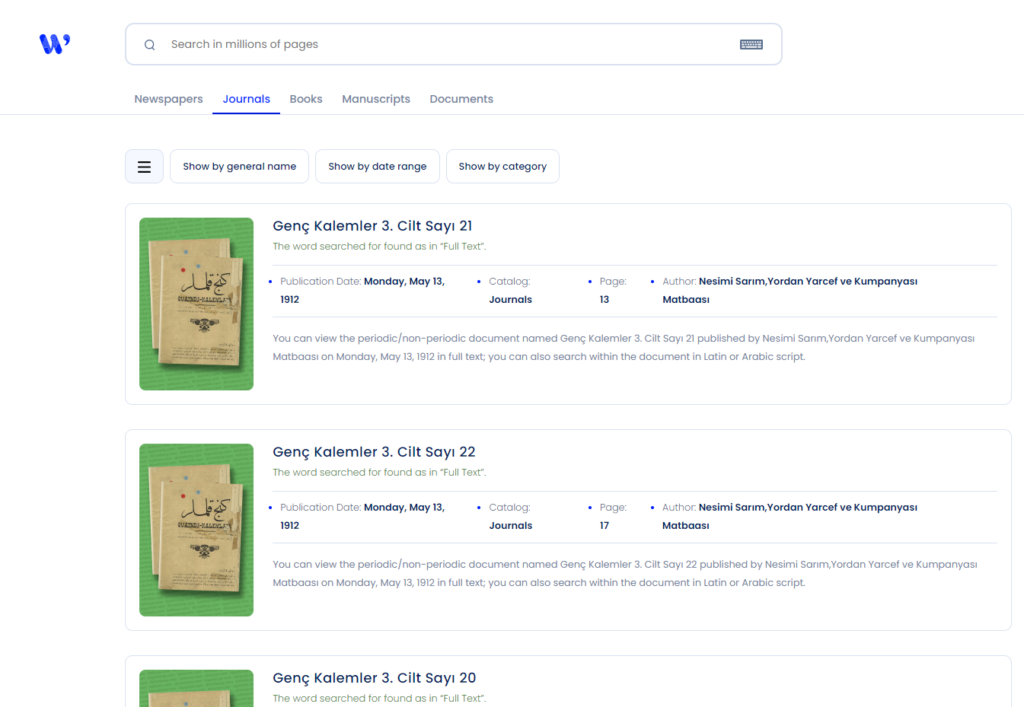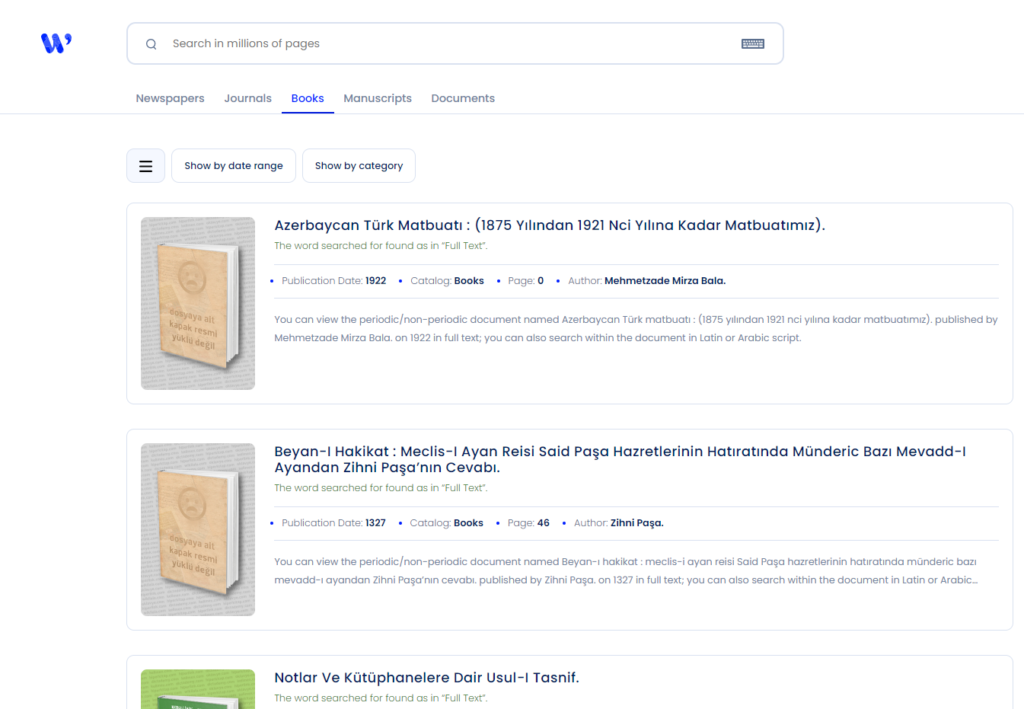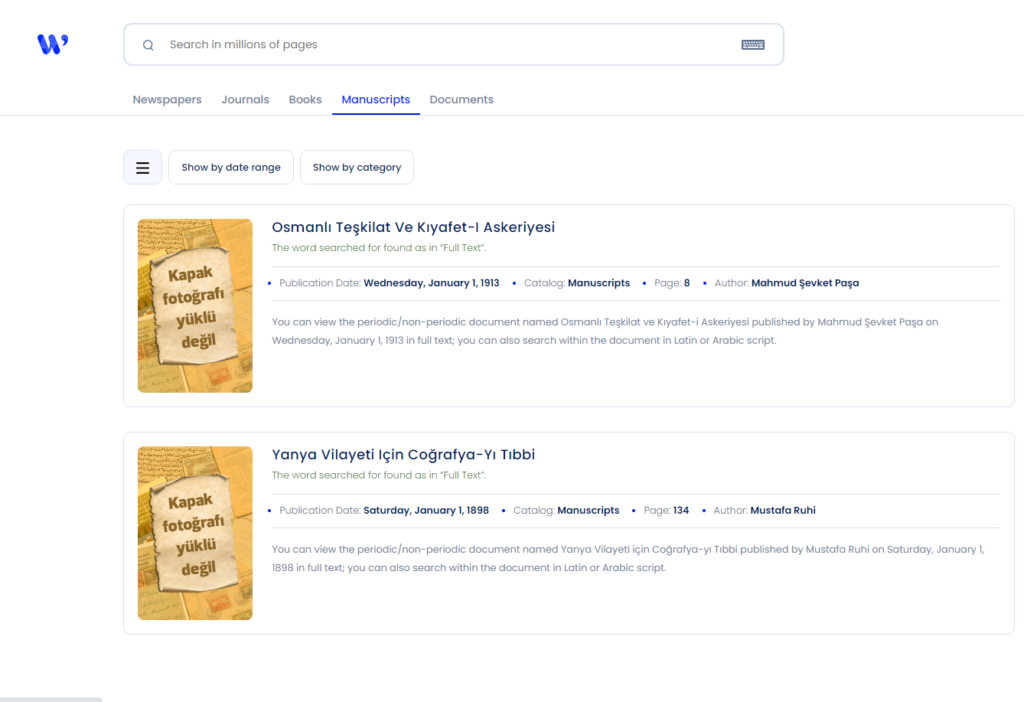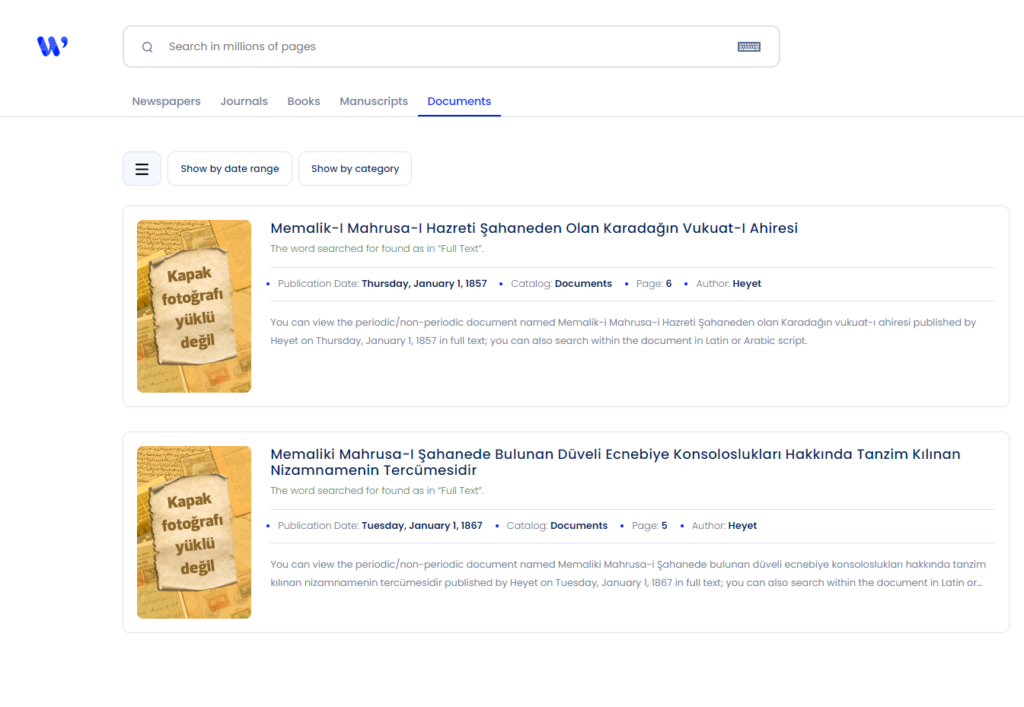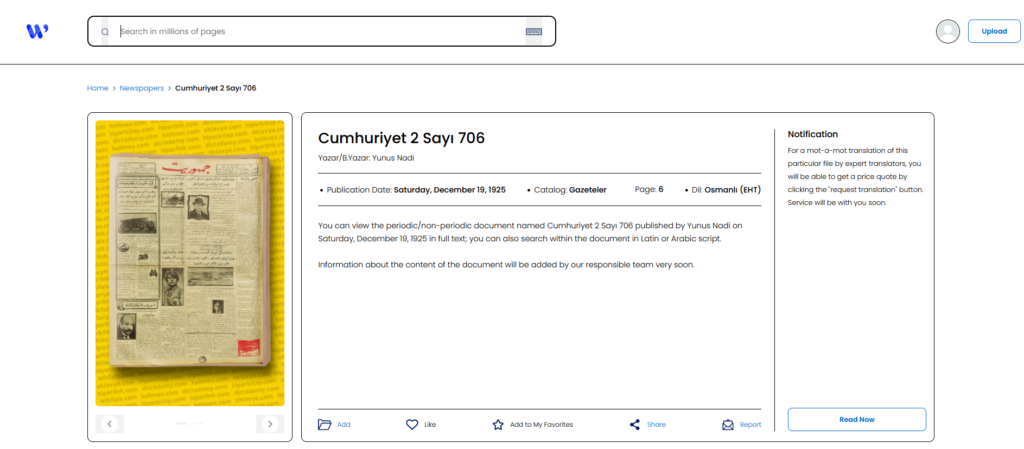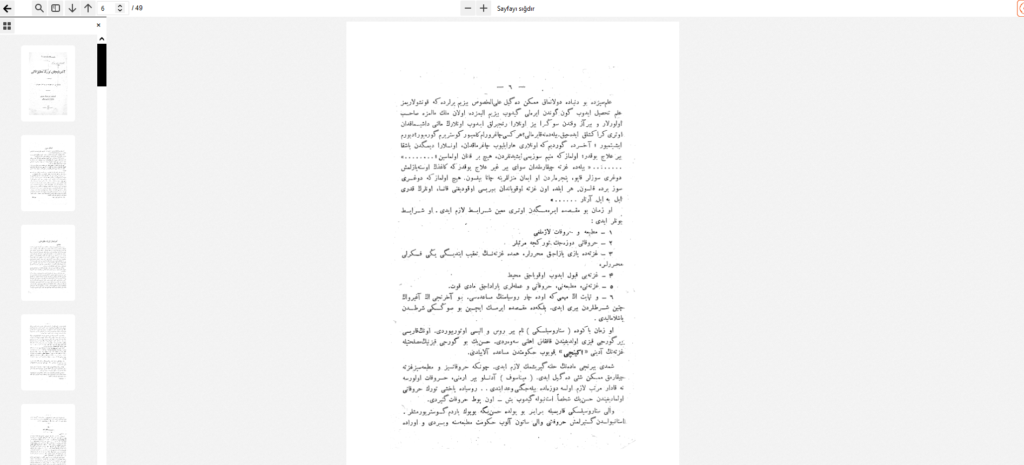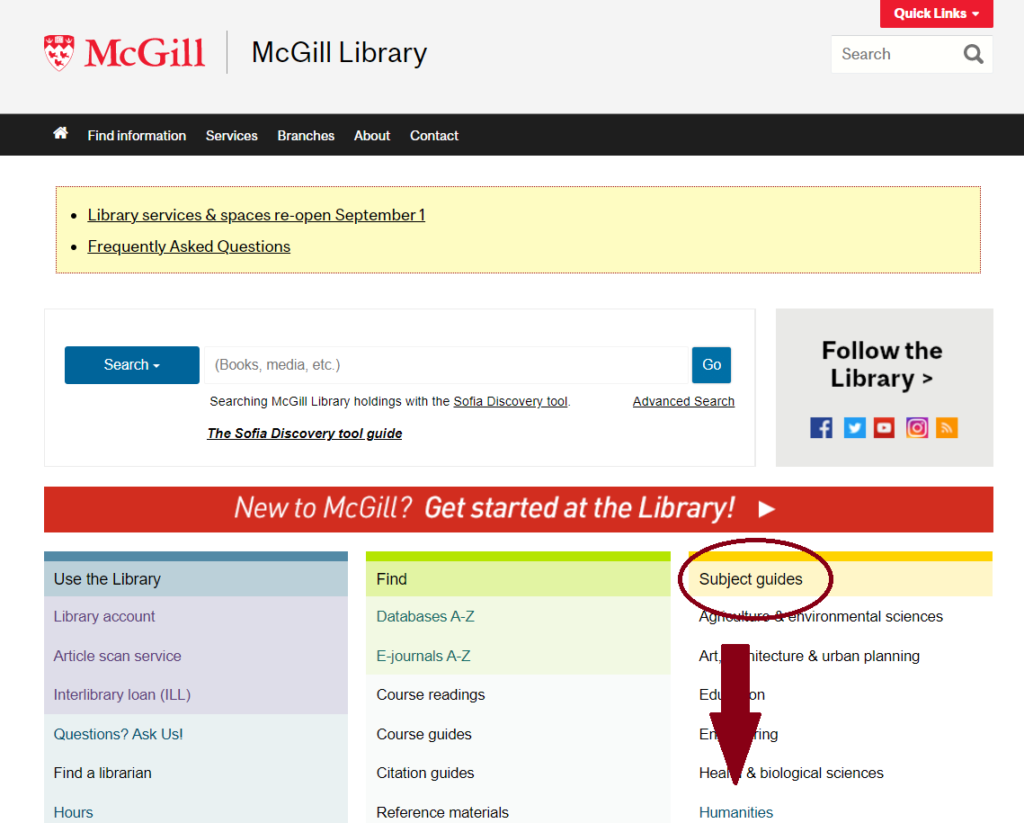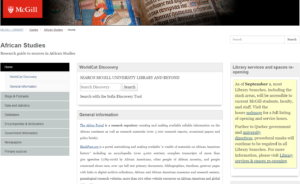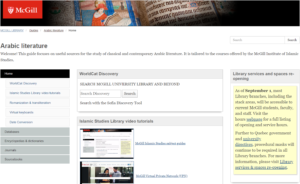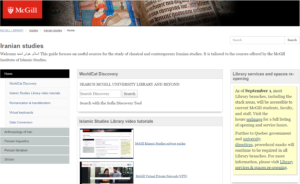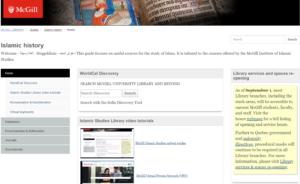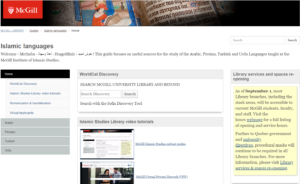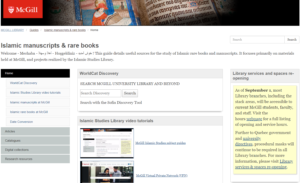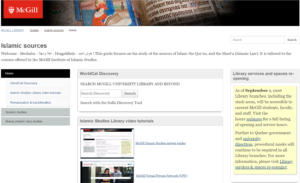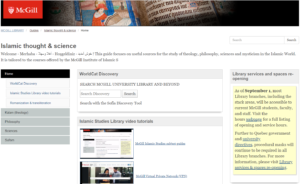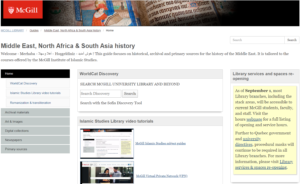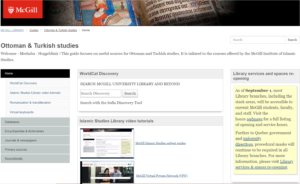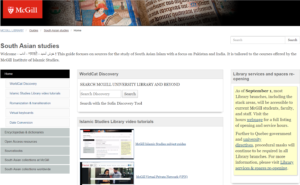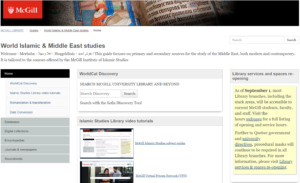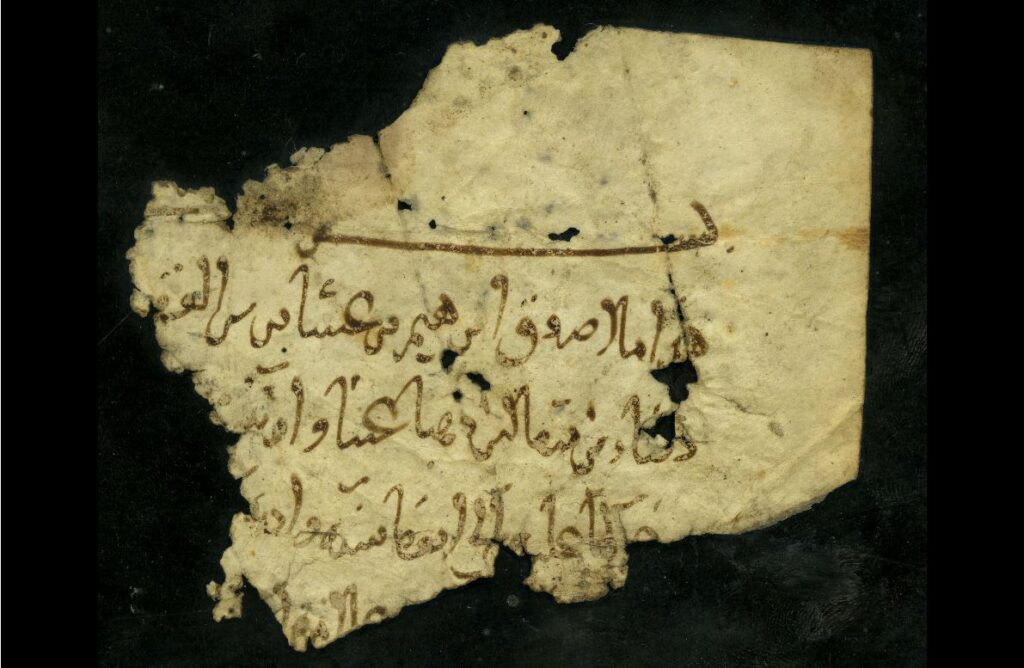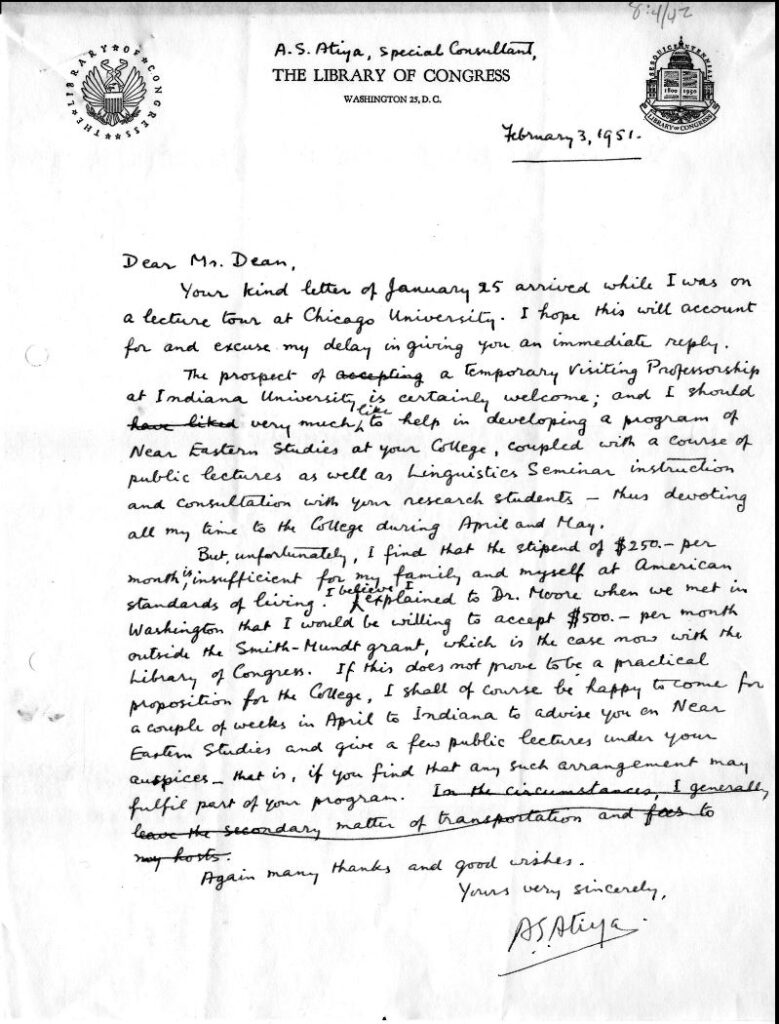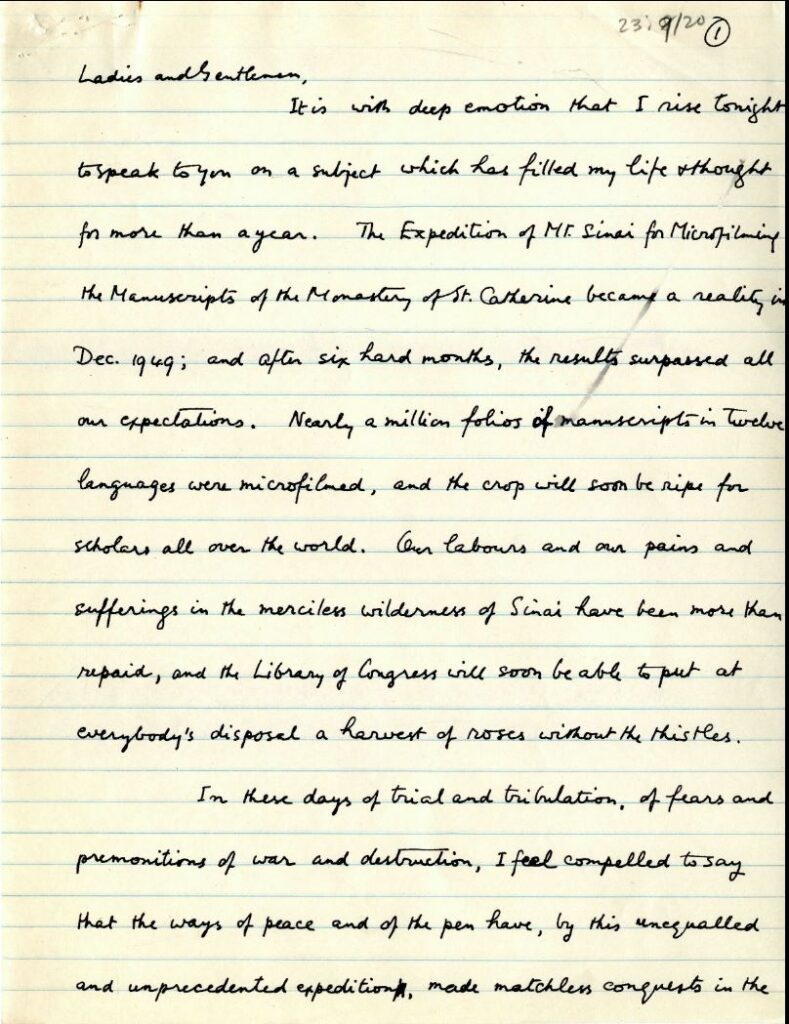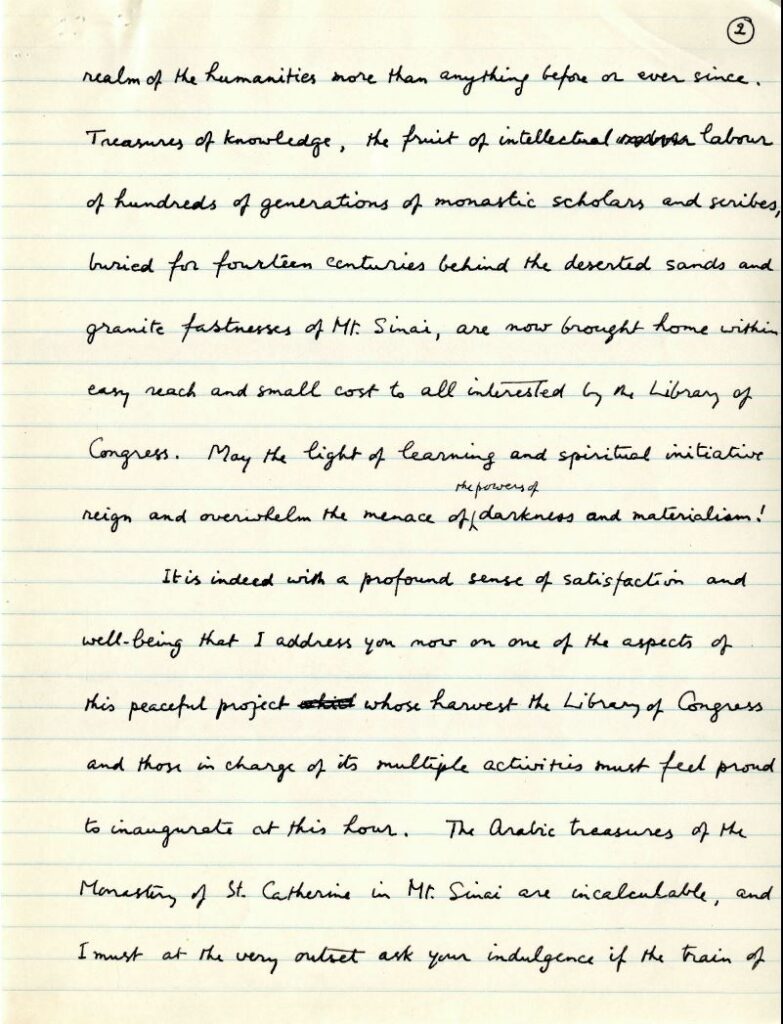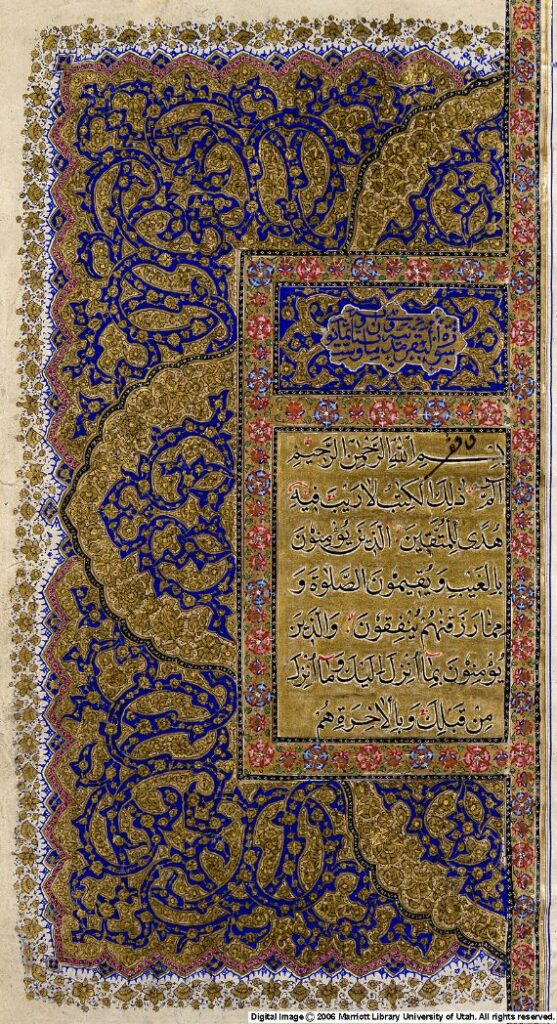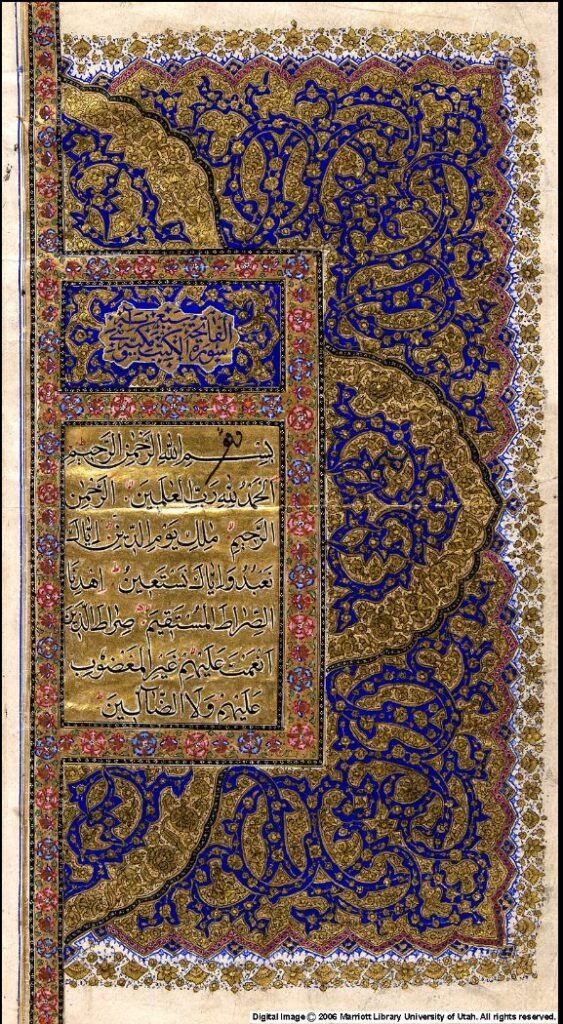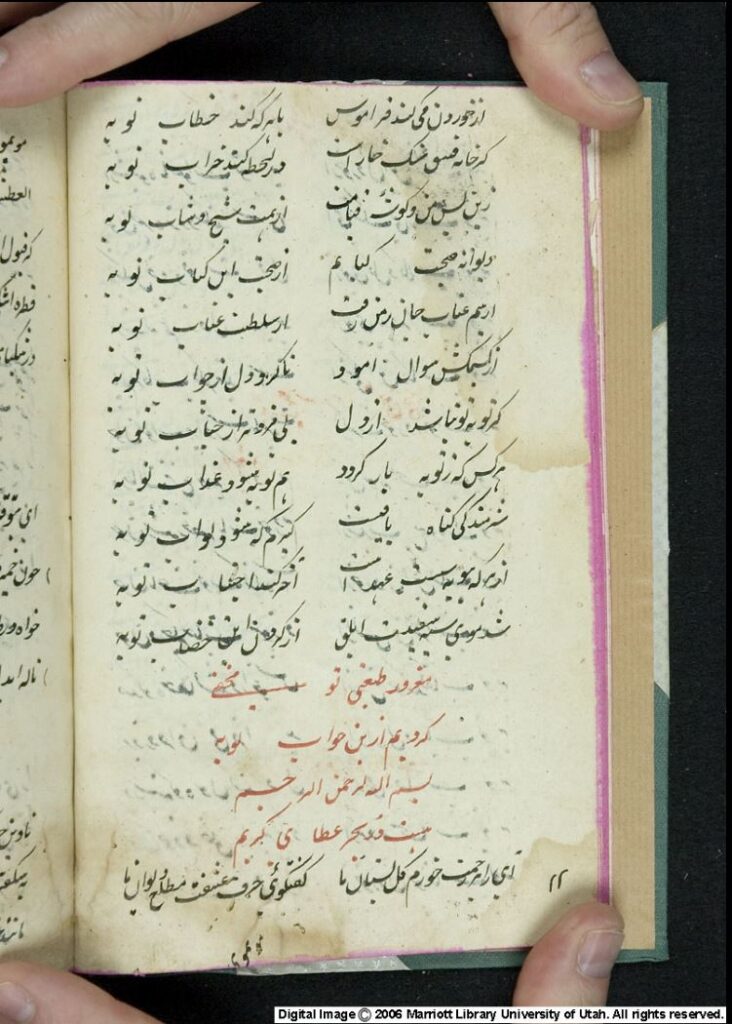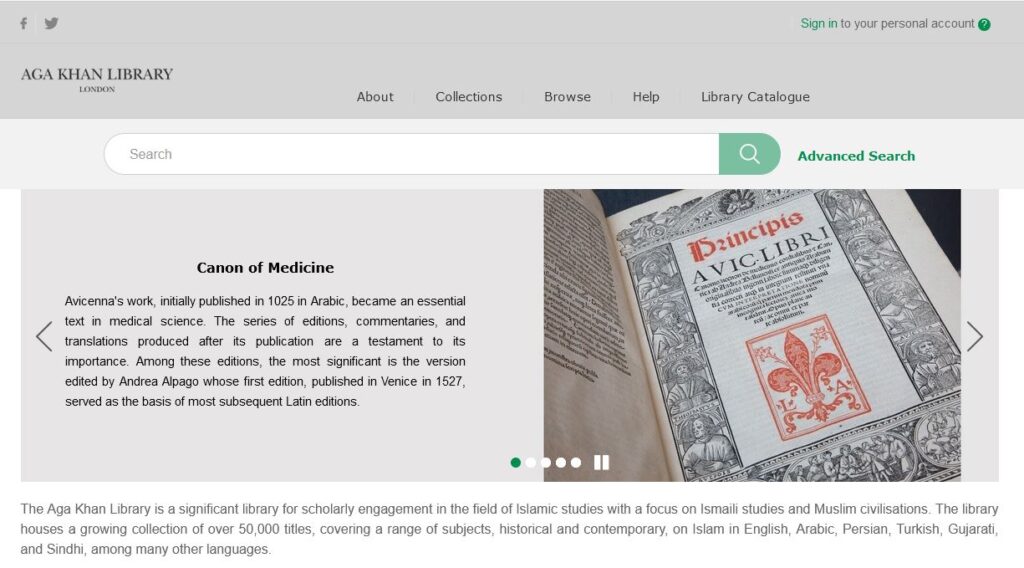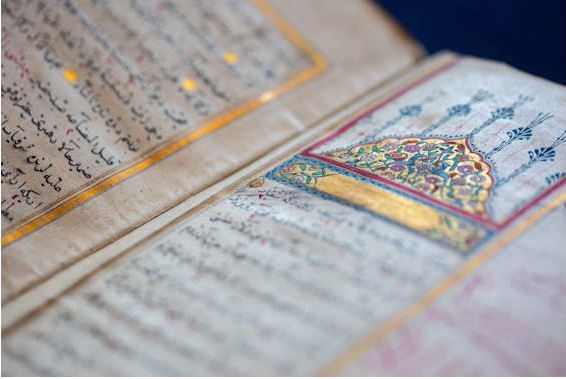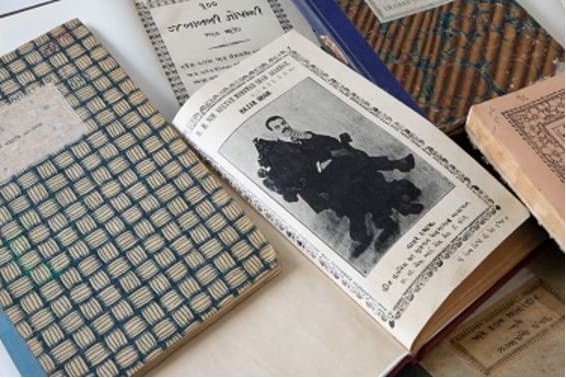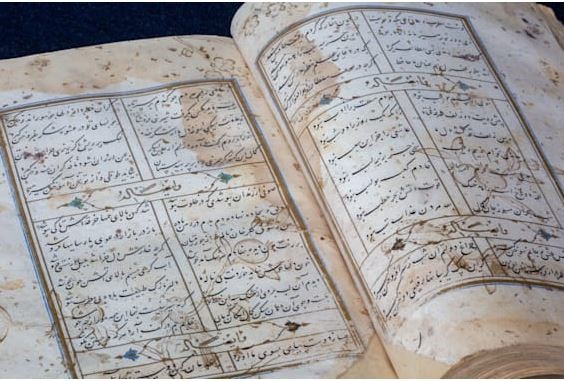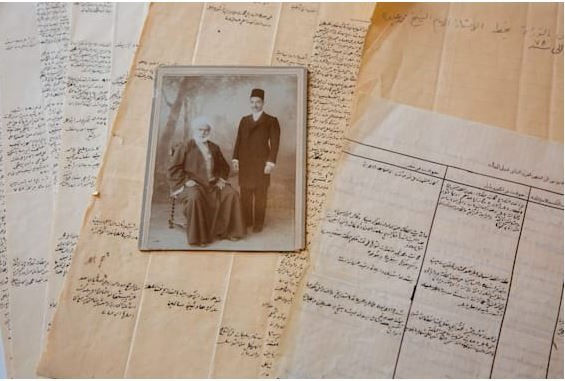
Arsheef is a collaborative project led by graduate students, funded by the Department of Near Eastern Studies, and co-sponsored by the Humanities Council at Princeton University. Arsheef’s mission is to provide a guide to libraries and archives across North Africa, the Middle East, the Caucasus, and South Asia, with the goal of “promoting research in these regions”.
Given the financial, geographical, and political barriers to accessing libraries and archives in these areas, Arsheef aims to provide both a guide and links to digital collections, making resources more accessible.
Arsheef is an evolving project, currently organized into two main sections on their website: “Guides” and “Digital.”
In the “Guides” section, libraries and archives are listed by country. Each entry includes detailed information, from introductions and histories to how to access details and more about each institution.
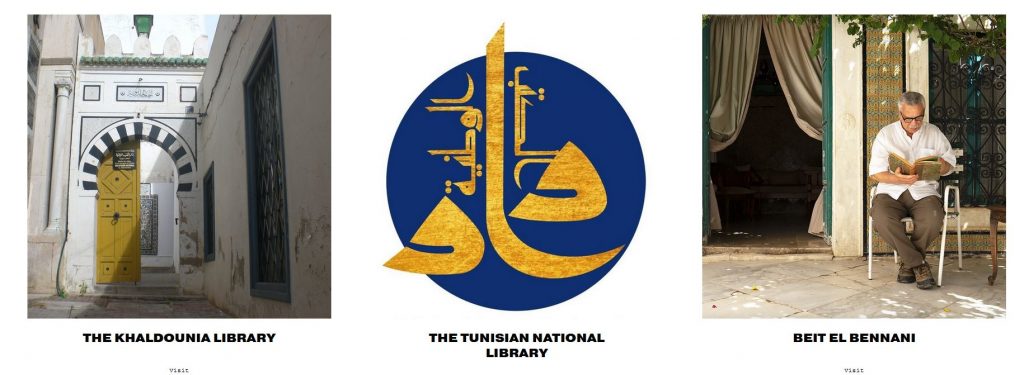
They have compiled a list of libraries and archives for Armenia, Azerbaijan, Egypt, Georgia, India, Iran, Lebanon, Libya, Qatar, Tunisia, and Turkey.
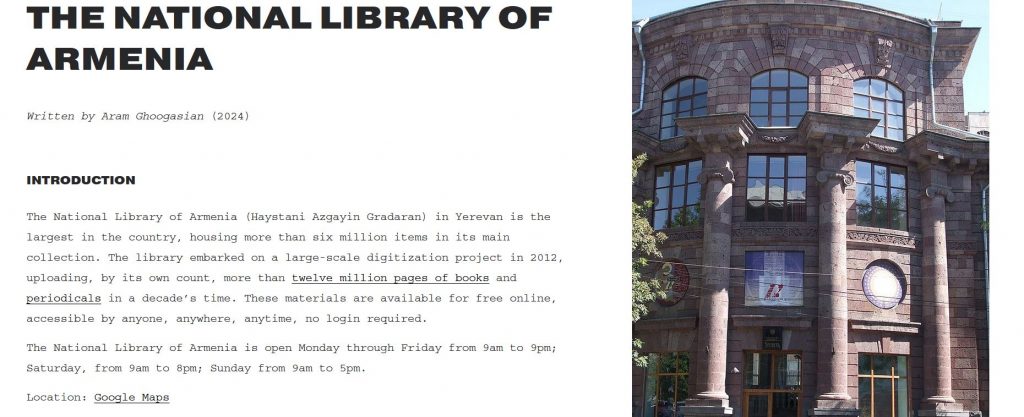
In the “Digital” section, they provide a list of digital collections across various countries that contain manuscripts, rare books, and materials relevant to the study of the Middle East, North Africa, and South Asia. This section is also organized by country, and each collection has a brief introduction and a link.
It is worth noting that, for Canada, the Digital section highlights a collection of Indo-Persian manuscripts available at McGill University Library.
Another valuable resource in the “Digital” section is a list of Online Union Catalogs.
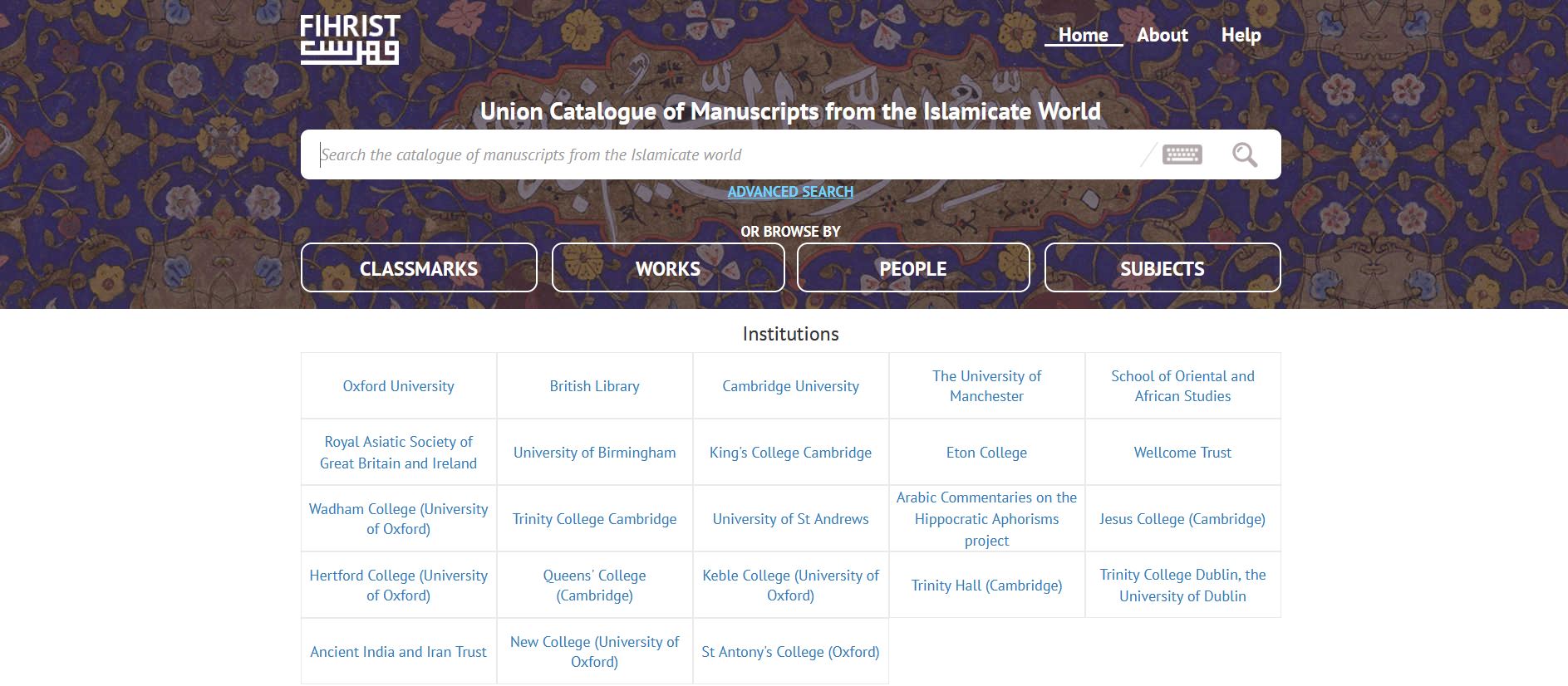
Arsheef also welcomes contributions from scholars and students interested in providing information about libraries and archives related to North Africa, the Middle East, the Caucasus, and South Asia.
If you are interested to join them : https://www.arsheef.org/contribute


